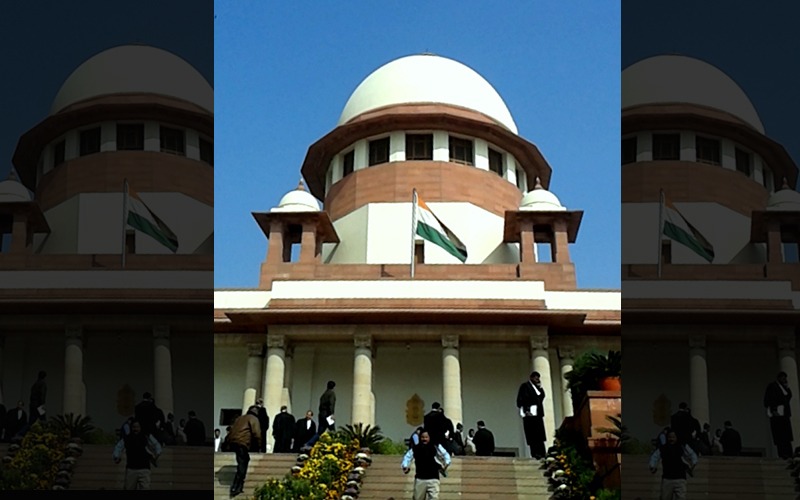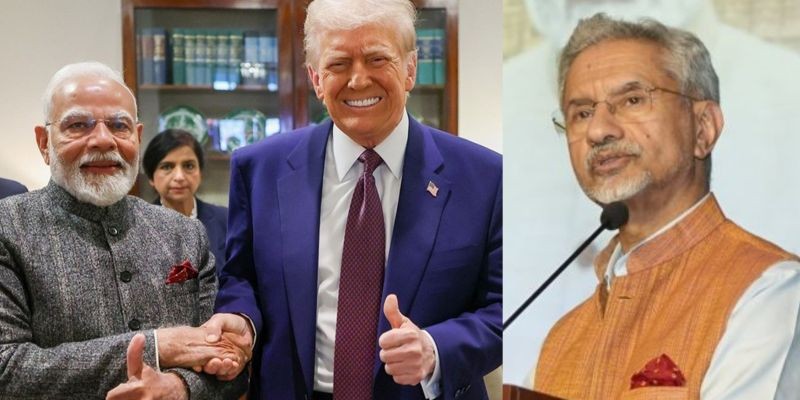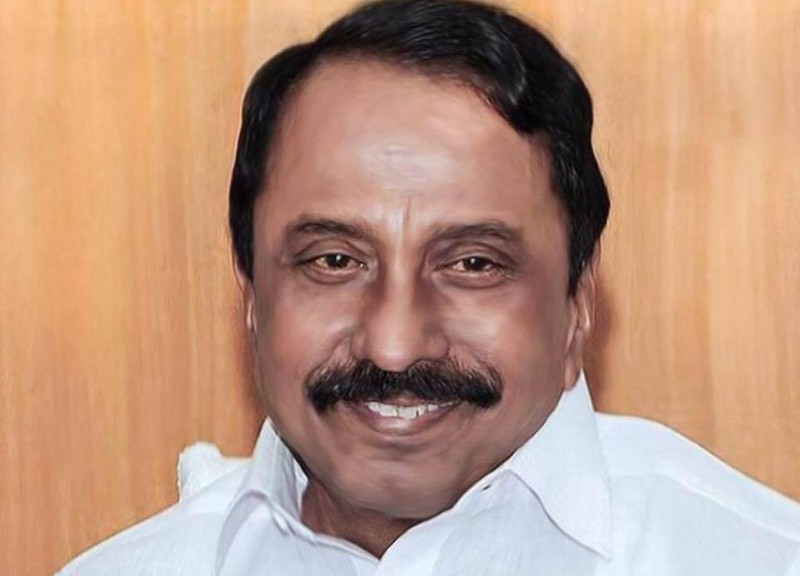Supreme Court refuses to grant immediate stay on controversial EC Act

New Delhi/IBNS/UNI: The Supreme Court Friday refused to grant an immediate stay on the election panel legislation passed by Parliament last month but agreed to hear Congress leader Jaya Thakur's plea challenging the constitutionality of two sections of the law.
A bench of Justices Sanjiv Khanna and Dipankar Datta was hearing a writ petition filed by Thakur under Article 32 of the Constitution questioning the constitutionality of Sections 7 and 8 of the
Chief Election Commissioner and Other Election Commissioners (Appointment, Conditions of Service and Term of Office) Act, 2023. The Act was signed into law last December by President Droupadi Murmu.
Under the Act, the name of the Chief Justice of India was dropped from a committee to appoint the Chief Election Commissioner (CEC) and other election commissioners.
Senior Advocate Vikas Singh, appearing for Thakur, argued that this Act was a violation of the doctrine of the separation of powers which formed a basic structure of the Indian Constitution.
Justice Khanna asked the senior counsel to serve an advanced copy of the petition to the union government and election commission who are the respondents in the case.
"We can't stay a statute like this. We will issue notice though," the judge said. The senior counsel then requested the court for a 'short date'. The bench then agreed to post it to April for a hearing.
The case pertains to a petition filed by Congress leader Jaya Thakur, the general secretary of the Madhya Pradesh Mahila Congress Committee, against the removal of the Chief Justice of India from the selection committee to appoint the Chief Election Commissioner (CEC) and other election commissioners, through this legislative move,
Alleging that it is ultra vires Articles 14, 21, 50, and 324 of the Constitution since it violates the principles of free and fair election. She has also relied on the Supreme Court's March ruling in Anoop Baranwal case mandating the inclusion of the chief justice in the appointment process till Parliament enacted a law regulating it due to the need for an independent and unbiased selection panel.




